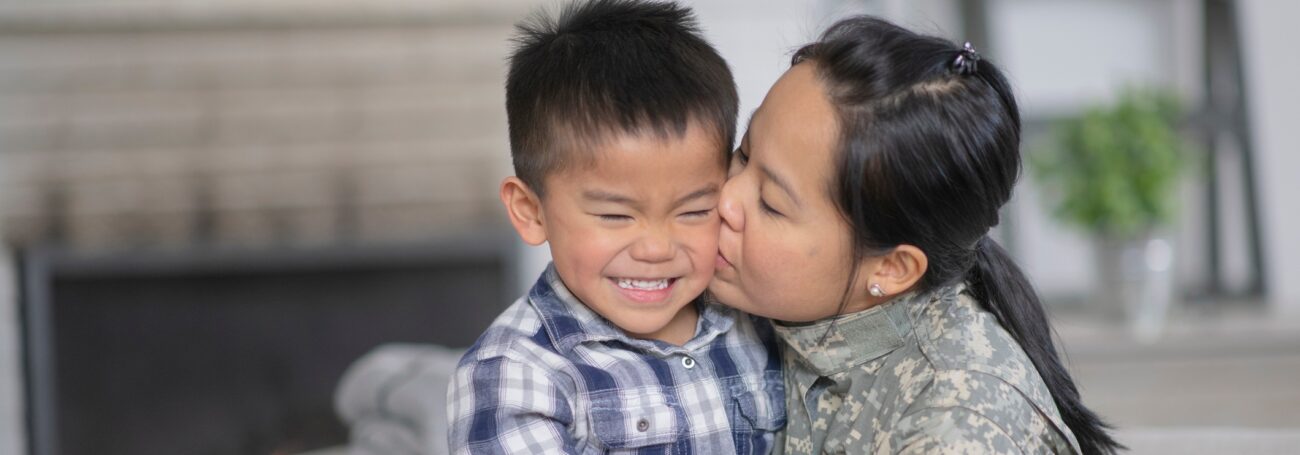Maternal Infant Health Program
Maternal Infant Health Program (MIHP) promotes healthy pregnancies, positive birth outcomes, and healthy infant growth and development with the long-term goal of reducing infant mortality and morbidity. Through home visits by nurses, social workers, and other health care professionals, MIHP provides professional case management and health education services, promotes health equity, and provides individualized care to pregnant women and infants.
What is the model’s approach to providing home visiting services?
Home visits take place monthly or more often if needed. Services are provided prenatally until the child is 18 months old. MIHP recommends families initiate services prenatally by enrolling the mother. The mother is discharged from the program after giving birth so the infant can enroll. Infants can enroll even if the mother did not enroll prenatally.
MIHP’s target population includes the following:
- Expectant mothers
- Low-income families
Who is implementing the model?
Home Visitors
MIHP was implemented by 738 home visitors in 2019. The model requires a bachelor’s degree and experience in nursing and social work for home visitors.
Supervisors
MIHP was implemented by 92 supervisors in 2019.
Where is the model implemented?
MIHP operated in 113 local agencies in 1 state in 2019.

Families Served Through Evidence-Based Home Visiting in 2019
Race
2% American Indian/Alaska Native
6% Asian
47% Black
* Native Hawaiian/Pacific Islander
46% White
Caregiver age
23% ≤ 21 years
49% 22-29 years
28% 30-44 years
<1% ≥ 45 years
Caregiver education
26% No HS diploma
63% HS diploma or GED
7% Some college or training
4% Bachelor's degree or higher
Ethnicity
10% Hispanic
90% Not Hispanic
Household income
100% Low-income status
0% Not low-income status
Child age
76% < 1 year
24% 1-2 years
0% 3-5 years
Child insurance status
100% Public
0% Private
0% None
Primary language
96% English
2% Spanish
2% Other
